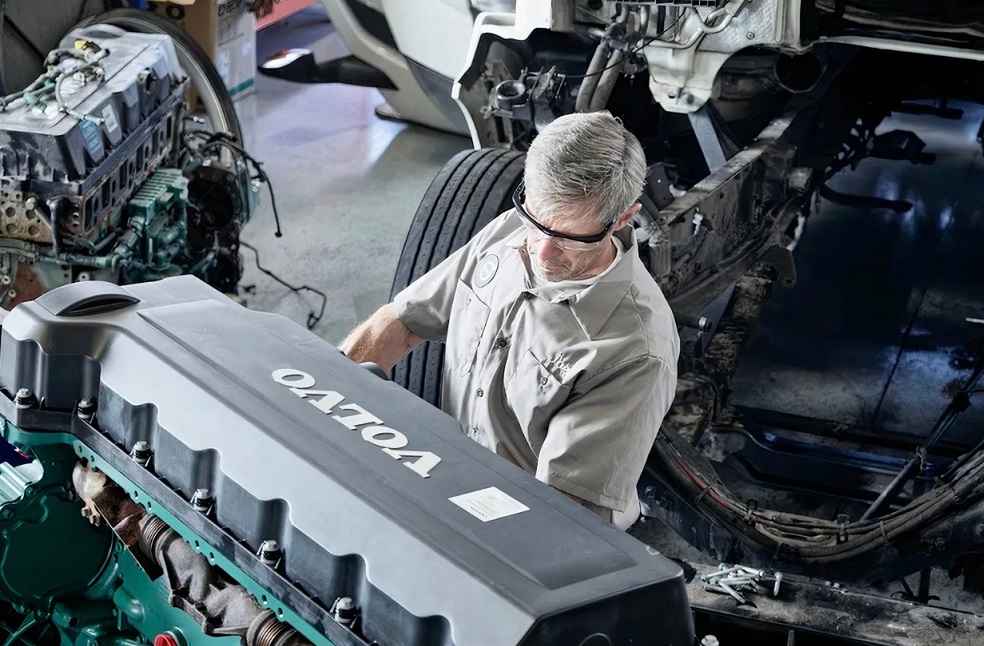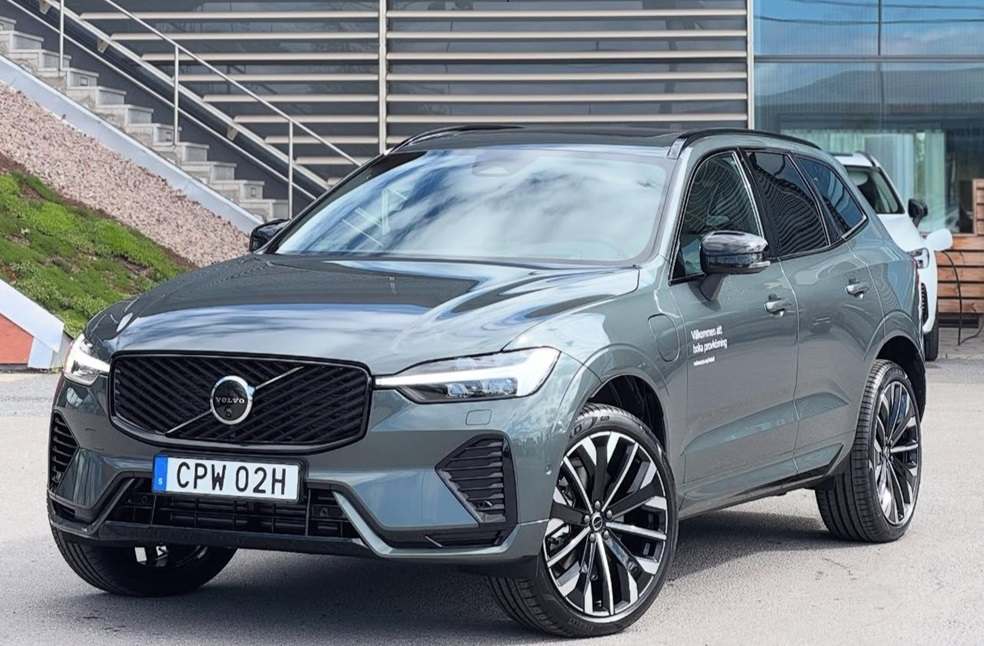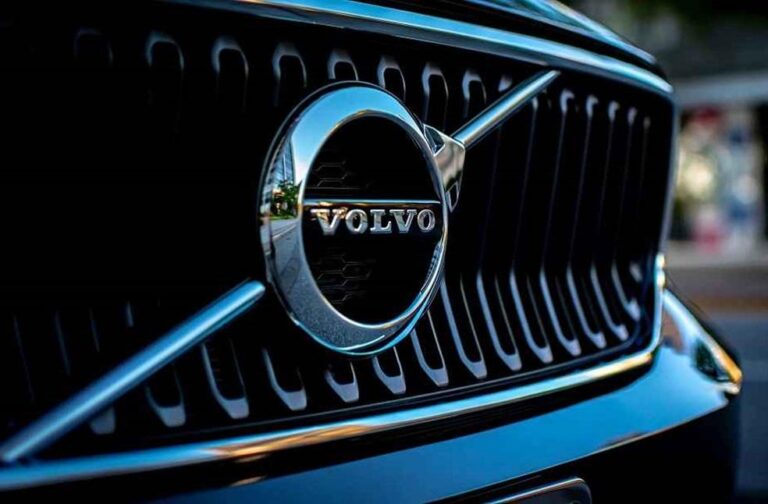Volvo Cars has reversed its previous plan to exclusively sell electric vehicles (EVs) in India, choosing instead to offer both battery electric and internal combustion engine (ICE) models. The decision reflects the uneven pace of EV adoption across the country and echoes a broader industry trend, with global automakers like Jaguar Land Rover also delaying all-electric transitions.
Jyoti Malhotra, managing director of Volvo Cars India, explained that while the company remains committed to global electrification, its India roadmap has been adjusted. “Adoption rates vary significantly by state, and even globally, the timeline has shifted beyond 2030,” Malhotra told Economic Times.

Government policies, particularly state-level incentives like road tax waivers, have been key drivers of EV uptake. Regions such as Kerala, Maharashtra, and Delhi, which offer favorable conditions and infrastructure, are seeing better traction. Challenges like a lack of home charging access, especially in high-rise urban areas, remain a major barrier.
Volvo’s EVs currently account for 25% of its Indian sales. Malhotra noted that although the EV segment saw a dip in momentum about a year ago, recent months have shown renewed interest. The company plans to launch a new EV later this year while continuing to sell ICE vehicles.
Volvo is cautious about introducing plug-in hybrids in India due to the current tax disparity, 5% GST on EVs compared to 43% on hybrids.

Malhotra also highlighted that luxury car sales in India slowed in early 2025 due to stock market volatility and geopolitical tensions, though Volvo is still on course to meet its annual sales target.
On trade policy, he welcomed India’s pursuit of free trade agreements (FTAs), calling the UK pact a benchmark and expressing optimism about the potential impact of the EU FTA on industry expansion. Malhotra believes FTAs will unlock greater global market access and scale, enhancing investment prospects in India.
EV WORLD | VW Group Offers Electric Vehicle Discounts Ahead of UK Grant





